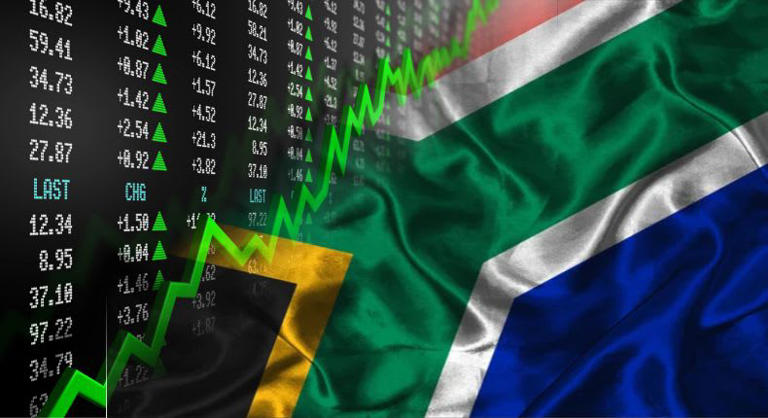South Africa Loses $3.7B in Foreign Investment Amid Economic Worries
South Africa, Africa’s largest economy, is facing its longest streak of foreign equity outflows in five years, with investors pulling out a substantial $3.7 billion from the Johannesburg Stock Exchange (JSE) since October 2024. This trend was revealed in recent data from the Institute of International Finance (IIF).
Despite South African equities delivering a strong 29% return in dollar terms year-to-date — ranking among the world’s top five performing markets — foreign investor confidence remains shaky. The withdrawal nearly doubles the $1.9 billion recorded from 2023 to early 2024, highlighting growing hesitation among international investors.
Graham Tucker, portfolio manager at Old Mutual Investment Group, explained that although South Africa’s stock market appears undervalued, this reflects a decade of economic stagnation and declining per capita income, factors fueling cautious investor sentiment.
“Investors are looking to diversify outside the U.S., but that doesn’t automatically make South Africa a top destination,” Tucker said. He added that foreign investors often behave like tourists — attracted by short-term opportunities such as booming gold stocks — but reluctant to stay without clear long-term policy certainty.
While other emerging markets like Brazil, Turkey, Taiwan, and South Korea are attracting increasing capital inflows, South Africa risks being sidelined in this trend. Although recent weeks saw record trading volumes with non-South African investors buying stocks worth over 30 billion rand (approximately $1.6 billion) and selling about 24.7 billion rand ($1.3 billion), overall foreign investment remains volatile.
Non-resident investors have been net sellers of $5.9 billion in equities just weeks into the second half of 2025, almost $1 billion more than the same period last year.
Economists such as Isaac Matshego attribute the ongoing capital flight to broader concerns about South Africa’s fragile economic fundamentals. The country’s GDP growth stagnated in the first quarter of 2025, amid six consecutive months of contraction in mining and manufacturing sectors.
“The increase in offshore trading volumes speaks more to global uncertainty than improved domestic confidence,” Matshego noted.



